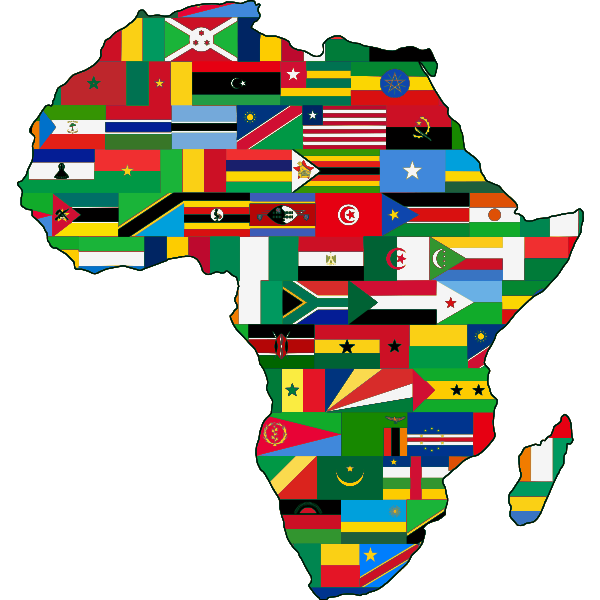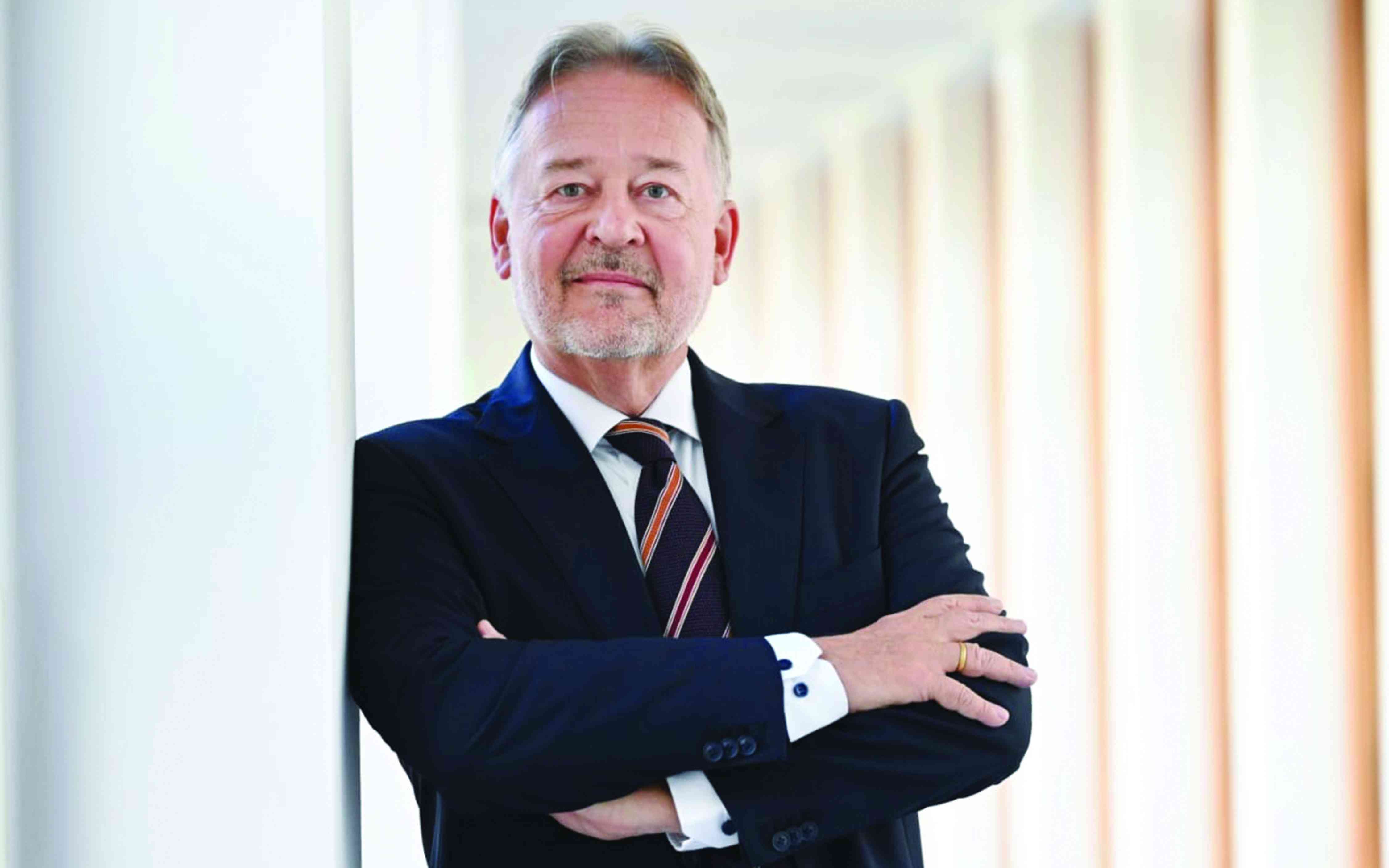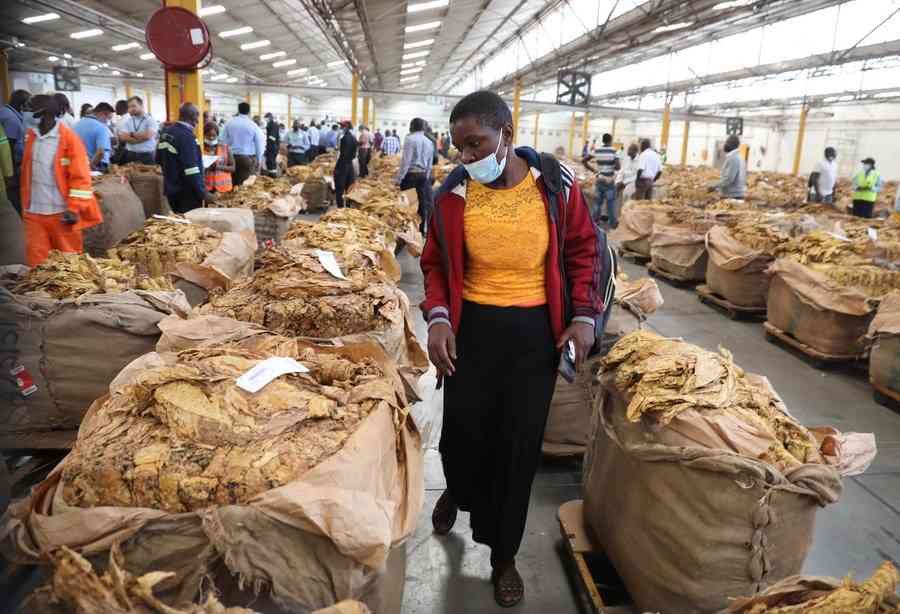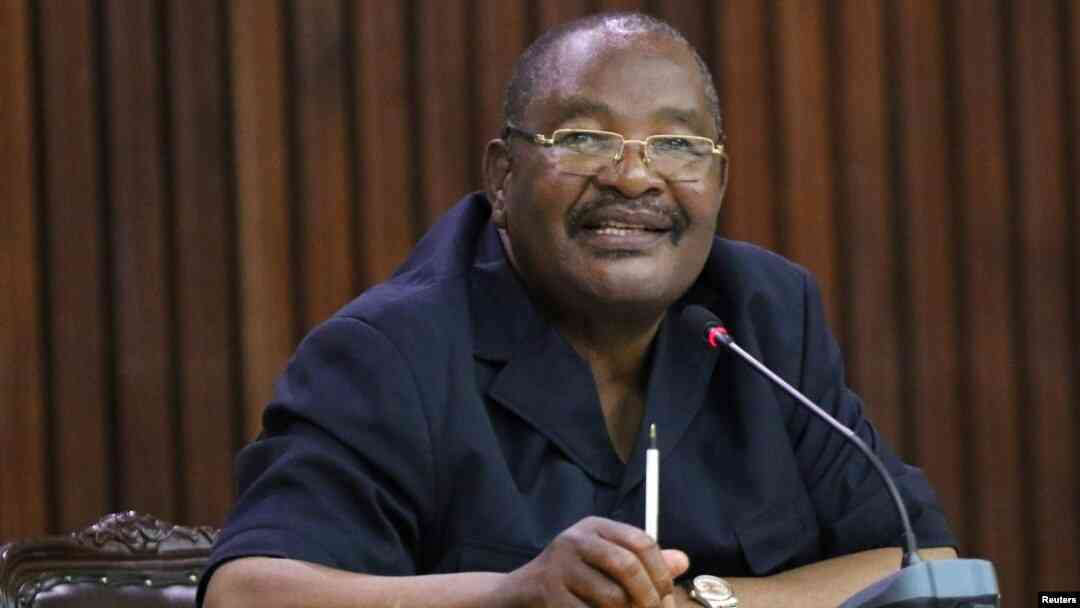
DISCONCERTING news that Cameroon’s 92-year-old leader, Paul Biya, will contest for office for the umpteenth time sounds familiar, based on how Zimbabwe’s political leadership is evolving.The chorus is in union with Africa’s well-choreographed script, whose strongmen have clung onto power indefinitely, riding on the pretext of overwhelming support from their impoverished citizens.Biya, who rose to power in 1982, declared on the microblogging site X that following “numerous and insistent calls” by his fellow countrymen, he was offering himself for the presidency yet again when the central African country goes to the polls in October.“Rest assured that my determination to serve you matches the urgency of the challenges we face,” Biya said.Should the nonagenarian and the world’s oldest leader have his way at the polls, he will be almost 100 — barring any unforeseen circumstances — when he clocks his eighth term in office.At 100, it is foolhardy to hazard that the centenarian would meaningfully contribute to discussions on global affairs with youthful leaders such as 44-year-old Bassirou Diomaye Faye of Senegal and Emmanuel Macron aged 47, of France.As it stands, Biya, who disappeared from the public for over a month last year, has presided over the poverty and corruption-stricken country for 43 years.What more can he offer to Cameroon?This unpleasant scenario in the African body politic, whose despotic leaders maintain an iron grip on power while nations burn, begs the question: “Who will save Africa?”This urgent question triggers frustration on the continent, whose long-serving and frail leaders have emasculated the opposition and criminalised dissent.In Uganda, President Yoweri Museveni, at 80 and having been in power for nearly 40 years, was declared by the governing party as its presidential candidate when the country holds elections next year.Accepting the nomination, Museveni pledged that he would transform Uganda into a “high middle-income country”.This again sounds all too familiar.President Emmerson Mnangagwa’s loyalists are bent on amending the constitution so that the Zimbabwean leader can stay in office until 2030. His constitutional term ends in 2028, having succeeded Robert Mugabe, who had ruled for 37 years.Mnangagwa, who will be 87 in the next five years, has contested previous elections on a pledge to transform Zimbabwe into an upper-middle-income economy by 2030.With Zimbabwe gripped by a tanking economy, widespread hunger, unemployment, and a US$21 billion debt, indications suggest that Mnangagwa’s promise sounds hollow. Yet, it is not all in vain.Zimbabwe’s revered statesman Joshua Nkomo once offered some priceless wisdom: “Zimbabwe will never die. Its young people will save it.”Africa’s young people have the numbers to decide their future at the polls!











